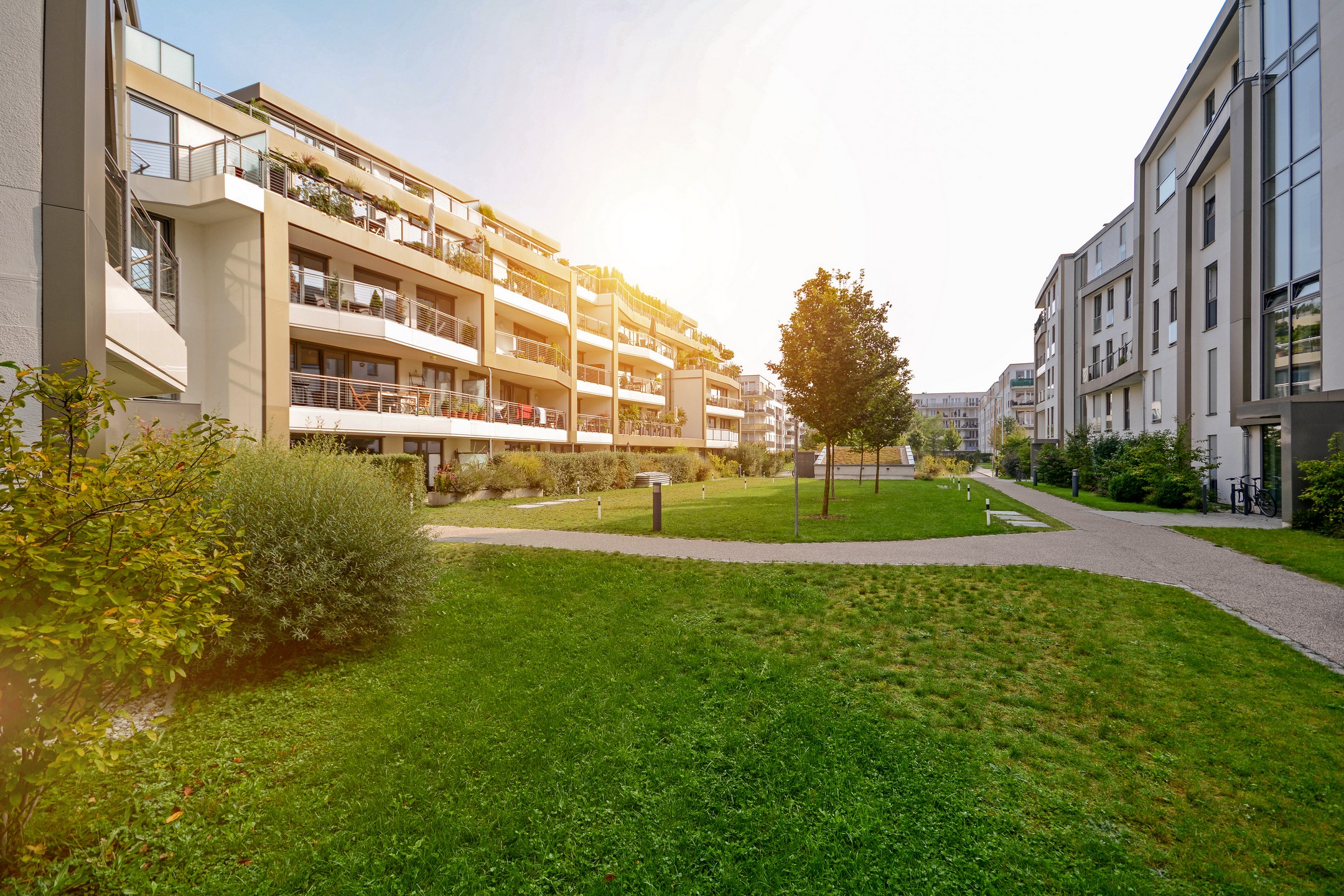Social housing in the United Kingdom is a critical component of the nation’s housing landscape, providing affordable and stable housing options for those in need. While it offers numerous advantages, it also comes with its share of challenges. In this article, we will explore the pros and cons of social housing in the UK, shedding light on the benefits it provides and the issues it faces. By examining both sides of the equation, we can better understand the complexities of this housing system and the impact it has on individuals and society as a whole.
What Are the Negatives of Social Housing in the UK?
While social housing plays a crucial role in providing affordable housing to those in need, there are some negatives associated with the system as well. These include:
- Limited Availability
- Lack of Choice
- Stigmatisation
- Funding Challenges
- Dependence on Government Support
- Inequality and Segregation

What Are the Benefits of Social Housing in the UK?
Social housing in the UK provides a range of benefits for individuals and society as a whole. Some of the key benefits of social housing in the UK include:
- Affordable Housing
- Stable Housing
- Housing for Vulnerable Populations
- Housing Quality Standards
- Community Development
- Cost Savings and Economic Stability
- Support Services
- Housing Market Stabilisation

What Is the Problem With Social Housing in the UK?
As summarised above, there are some problems facing the social housing market in the UK. There is a shortage of social housing, leading to long waiting lists. Many people in need of affordable housing may have to wait for extended periods before they are allocated a property. This means that social housing tenants often have limited choice when it comes to the location and type of property they are offered. This can lead to people living in areas that may not be ideal for them in terms of work, education, or social support.
There can also be a social stigma associated with living in social housing, which can affect the self-esteem and well-being of tenants. Some people may perceive social housing tenants negatively, leading to discrimination and prejudice. Concentrations of social housing in certain areas can lead to socio-economic segregation and inequality. This can result in communities with limited access to resources and opportunities.
The funding for social housing can be limited, leading to constraints on the construction and maintenance of affordable housing units. This can result in a backlog of repairs and a lack of new housing development. Social housing funding is also heavily subsidised by the government, which can create a dependency on public funds. Changes in government policy or funding priorities can impact the availability and quality of social housing.
It’s important to note that while social housing has these negatives, it also has significant benefits which we explore below. Public policies and investments aim to address these issues and improve the social housing system in the UK.
Why Do People Want Social Housing in the UK?
Despite these challenges facing social housing in the UK, the benefits far outweigh the negatives. Social housing offers affordable rental options for people with low incomes, providing a safety net for those who cannot afford market-rate rents. This helps reduce housing inequality and homelessness, by providing stable accommodation for individuals and families who might otherwise be on the streets.
Social housing also provides tenants with long-term stability and security of tenure, allowing them to establish roots in their communities and create stable environments for their families. Moreover, it offers housing stability to working families with low incomes, preventing them from becoming homeless due to unexpected financial setbacks. In this way, social housing often prioritises vulnerable populations, such as low-income families, the elderly, individuals with disabilities, and those experiencing homelessness. It provides a safe and supportive housing option for these groups.
Social housing properties are subject to government regulations and standards, ensuring that they meet minimum health and safety requirements. This helps protect tenants from substandard housing conditions.
Some social housing developments are designed to include a mix of income levels, promoting social diversity and integration within neighbourhoods. This can contribute to community development and regeneration, helping to revitalize neighbourhoods and improve the overall quality of life for residents. Some social housing providers also offer support services, such as counselling, job training, and educational programs, to help tenants improve their overall well-being and social integration.
By providing affordable housing to vulnerable populations, social housing can reduce the public costs associated with emergency shelter services, healthcare for homeless individuals, and other social services. Access to affordable housing can contribute to economic stability by reducing the financial burden on low-income households and enabling them to allocate resources to other necessities. By providing a safety net for those in need, social housing can help stabilise the broader housing market by reducing extreme fluctuations in demand and supply.
While social housing in the UK has its challenges, it remains a crucial component of the country’s housing landscape, addressing housing affordability issues and improving the living conditions of many individuals and families.

Conclusion to the Pros and Cons of Social Housing in the UK
In conclusion, the pros and cons of social housing in the UK paint a complex picture of a housing system that is both vital and in need of improvement. On the positive side, social housing offers affordable, stable, and secure housing options for vulnerable populations, reducing homelessness, and providing a safety net for those with low incomes. It also promotes community diversity and can contribute to economic stability.
However, social housing in the UK faces significant challenges, including a chronic shortage of supply, issues with housing quality and maintenance, stigmatization of tenants, and concerns about work disincentives. Funding constraints, changes in government policies, and administrative bureaucracy further complicate the system.
Efforts to address these issues and enhance the social housing system continue through policy reforms, increased investments, and initiatives aimed at improving housing quality, affordability, and tenant support services. The goal is to strike a balance between the many advantages of social housing and the pressing need for systemic improvements to ensure that it remains a viable and effective solution for those in need of affordable and secure housing in the UK.










